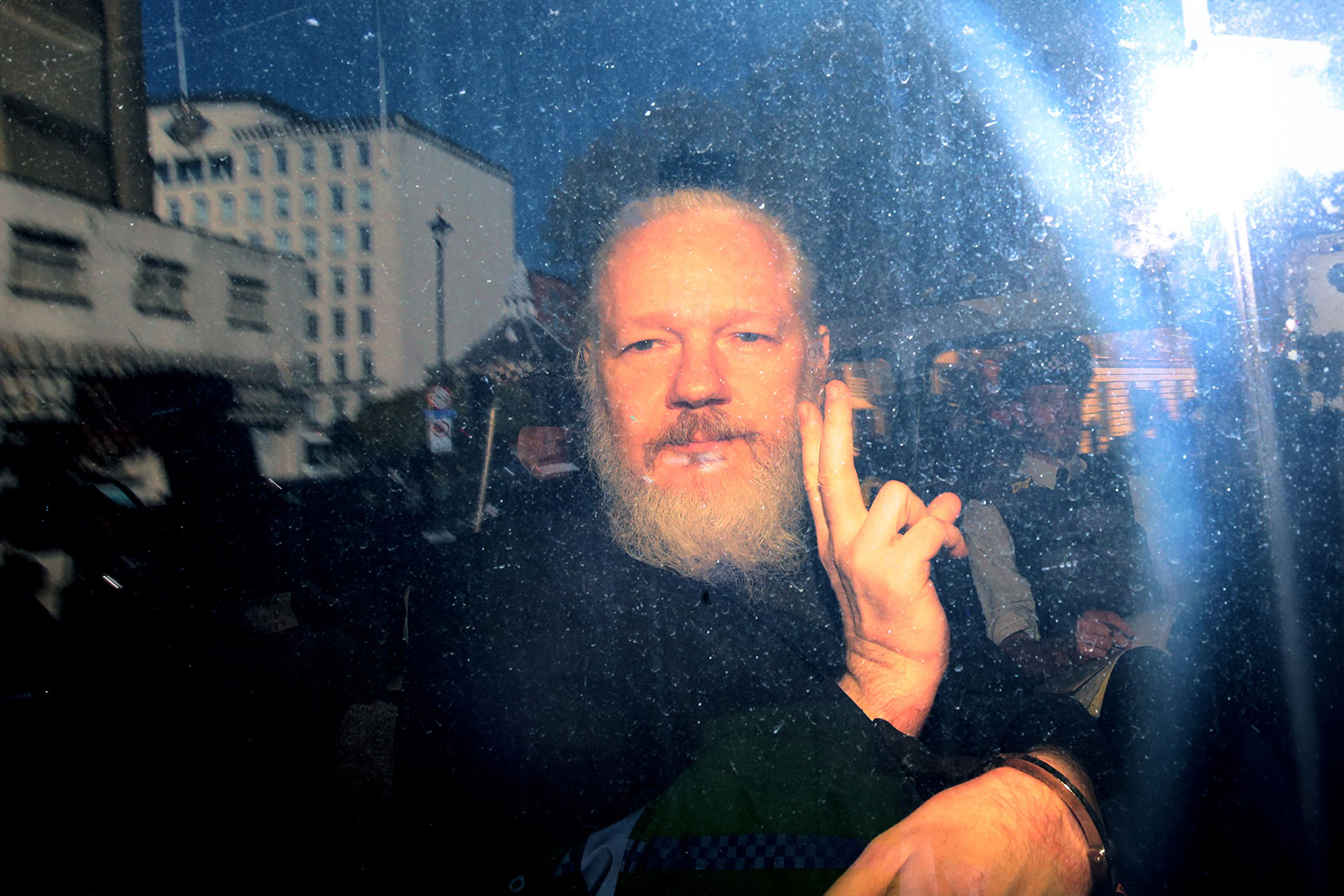The release of Wikileaks founder Julian Assange from a British prison has sparked a range of reactions worldwide, from elation to sharp criticism.
After a 14-year legal battle, the controversial Australian accepted a plea deal with the U.S. Department of Justice, freeing him from a prison outside London where he spent the last five years. He will plead guilty to one conspiracy charge under the U.S. Espionage Act.
Assange is best known for leaking U.S. military documents and videos from U.S. wars in Iraq and Afghanistan, as well as publishing private emails that the Russian government obtained by hacking the 2016 campaign of Democratic candidate Hilary Clinton. In 2019, he was evicted from Ecuador's embassy in London, where he had sought refuge after two women accused him of rape in Sweden, which led to him being in British custody.
While some view Assange as a hero, critics say his leaks were reckless and harmful. For example, he refused to redact the names of Afghan civilians who worked with the U.S. military and later suggested that the 2016 Democratic emails he published were actually leaked by a murdered Democratic staffer, Seth Rich, and not in fact stolen by Russian hackers.
Reactions to Assange's release have been mixed.
“Words cannot express our immense gratitude to YOU- yes YOU, who have all mobilised for years and years to make this come true. THANK YOU. HANK YOU. THANK YOU,” Assange’s wife, Stella, posted on X.
The current editor-in-chief of Wikileaks, Kristinn Hrafnsson, said in a statement: "I can say in earnest that without your support this would have never materialized, this important day of joy, the day of Julian's freedom. Thank you so much."
Australian Prime Minister Anthony Alabanese stated his support for Assange’s release in his country's parliament on Tuesday. "There is nothing to be gained by his continued incarceration and we want him brought home to Australia," he said, Reuters reported.
Brazilian Prime Minister Lula Da Silva wrote that Assange’s “release and return home, albeit belatedly, represent a democratic victory and the fight for press freedom,” in a post on X.
Some journalists expressed their elation at Assange’s release, but also their concerns with his having been charged under the Espionage Act for allegedly encouraging sources to illegally obtain classified material.
“Delighted Julian Assange is free, though he has served 5 years under often unpleasant conditions for doing what journalists do every day. Great praise to his wife Stella and their legal team. But the US Dept of Justice still holds the Espionage Act over journalists worldwide,” BBC journalist John Simpson posted on X.
"I'm sorry that it's taken a plea on a charge of espionage because I don't think actually anybody thinks that what he was doing was espionage … I think if the attempt was to chill national security reporting, I fear it's probably worked,” said Alan Rusbridger, former editor of The Guardian, Reuters reported.
Others were critical of the release, like former Vice President Mike Pence, who wrote on X: “Julian Assange endangered the lives of our troops in a time of war and should have been prosecuted to the fullest extent of the law. The Biden administration’s plea deal with Assange is a miscarriage of justice and dishonors the service and sacrifice of the men and women of our Armed Forces and their families.”
In a similar tone, Frank Fibliuzzi, former assistant director of the FBI, said of Assange: “Never a 'journalist.' Never. He did irreparable harm. He endangered lives.”


